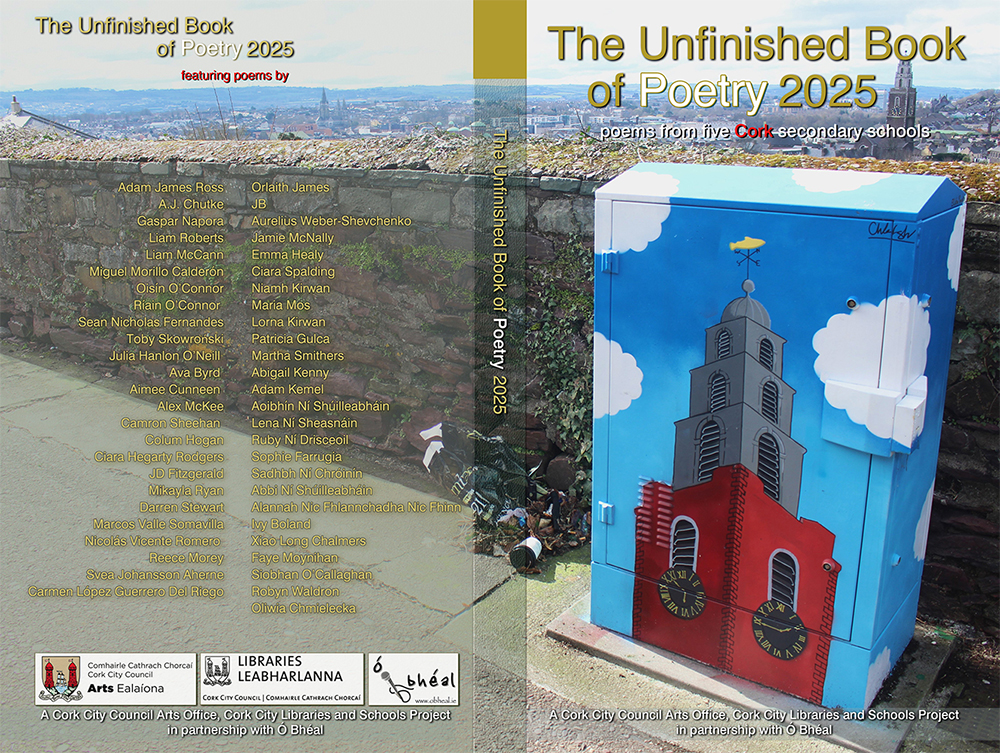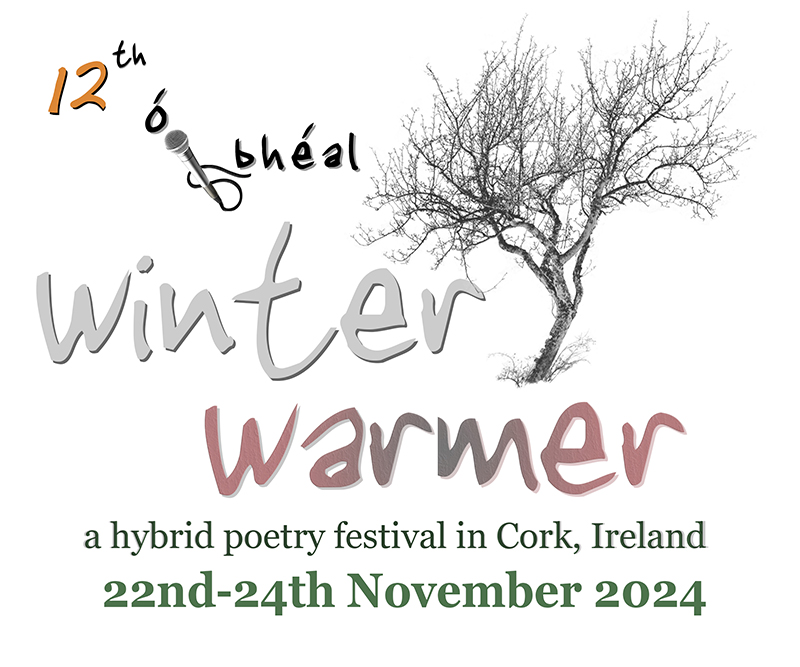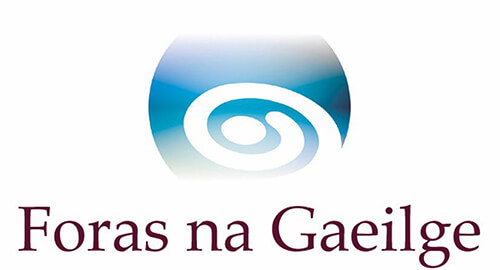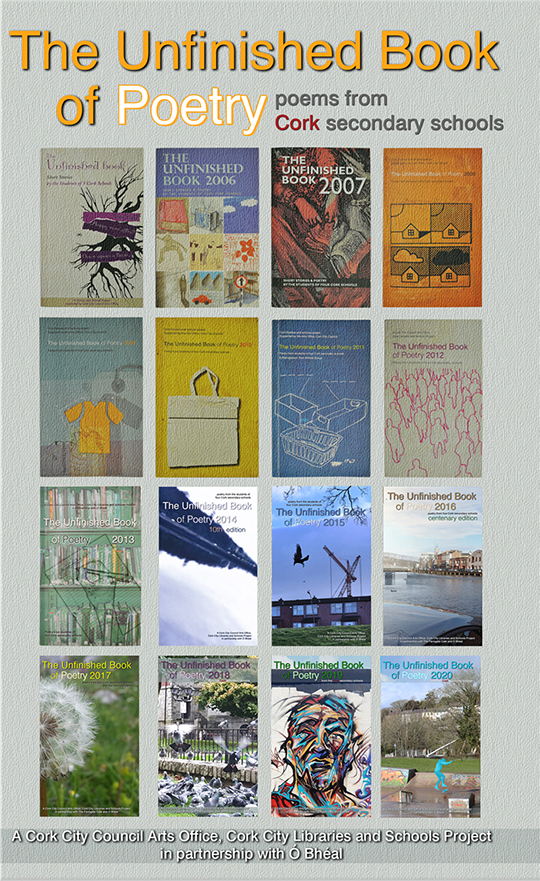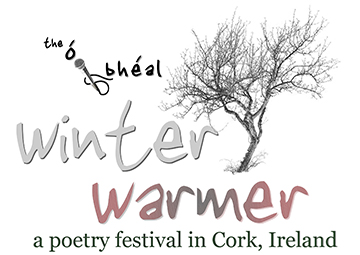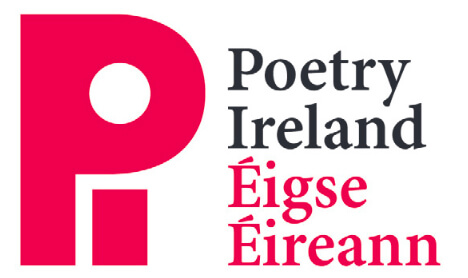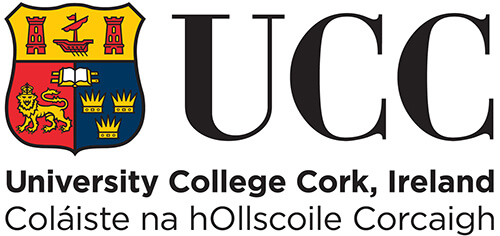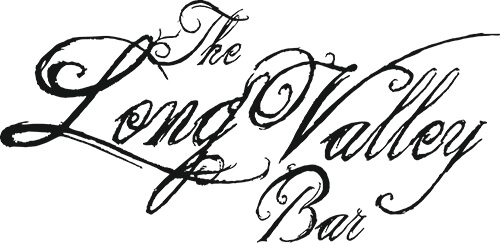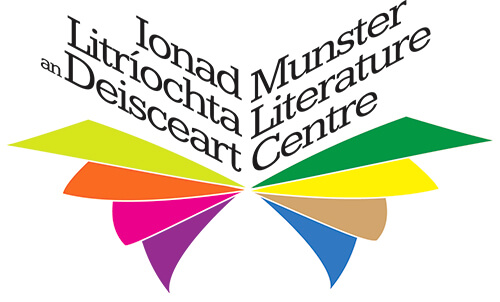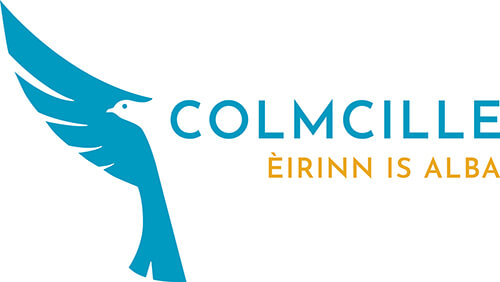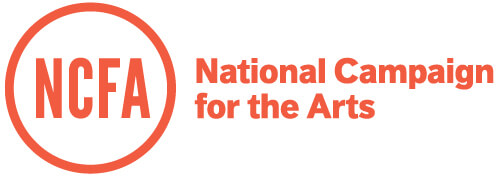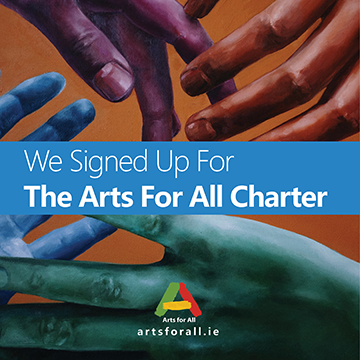Interviewed by Jennifer Matthews
JM: You mentioned that metrical poetry is your major interest. What does writing in metre bring to a poem for you?
RM: Writing in meter takes me places that I can’t reach otherwise. I would compare it to drawing without looking at the paper. These things seem hardly comparable, but they both have the effect of pushing aside immediate cerebral impulses and forcing you to concentrate on and dig into the model. Writing in meter, I become more receptive to what is actually observed and much more susceptible to having words, lines, and narrative direction drawn from me than I am when writing free verse. There is a certain irony to how imposing form removes a filter that is more restrictive than any meter or rhyme scheme. I also fall for the traditional beauty of poetry in form. In the end, however, the form needs to recede to the engine room. I don’t admire poetry for its form.
JM: There seemed to be a bit of a spirit of Ginsberg about some of your poems. Do you count him as an influence?
RM: I’m very flattered to hear that! I admire Ginsberg greatly. A lot of joy and love and humor comes across to me in his work. He was very creative and spontaneous. The book I’ve written, Huncke, by the way, is about Herbert Huncke, the prototype beat who had an influence on Ginsberg’s poetry. Ginsberg is the main character in one of the cantos, and he’s mentioned in others. Howl is heard in the background here and there throughout book. So, I’ve gotten a lot closer to Ginsberg in the last three or four months writing Huncke.
JM: Your performance of the poems at O’Bheal was quite strong! Do you work on how to ‘say’ a poem before you bring it to a reading or open mic? Does saying the poem out loud effect the final draft on paper?
RM: Thanks. Well, I think that poetry is meant to be performed, not simply read. In the two recordings I have heard of Yeats reciting, he is chanting. He’s essentially singing. And, of course, the origin of poetry is song. Ray Pospisil in the foreword to his chapbook Some Time Before the Bell actually recommends that readers read the poems out loud. That is very good advice. I certainly do work on reciting a poem, even in the writing process. I look for the natural voice and the right tonal qualities and rhythm. I try to maintain integrity and I avoid getting too ‘into character.’ But as I get better at this, I find that each poem acquires something of a unique voice. I chose a few flamboyant pieces for the O’Bheal reading, such as ‘The Theme from Shaft’ and ‘The Sandwich Man of Thornall Towers.’ They entail relatively high levels of drama.
JM: You have published a chapbook and are on your way to a first book of poetry. Did you have a mentor or group that helped you get to that place, or is it a matter of hard work and persistence?
Hard work matters even more than persistence, but persistence is also required. It is also very important to meet people at open mics and to take advantage of the on-line critique boards. There are good boards that are ‘formal-friendly,’ if not ‘formal only.’ My chapbook, Aquinas Flinched, was published by Modern Metrics, which used to run a monthly reading and open mic in New York. I was a regular and I got to know Nemo Hill, who runs the press with Quincy Lehr. Quincy, who was in Ireland at the time, I had met on the critique boards. Seven Towers in Dublin, which is publishing Huncke, saw early cantos of the poem on a critique board called Eratosphere and expressed an interest. Modern Metrics and Seven Towers move in roughly the same circle, and the two are making some interesting connections between New York and Ireland. They recently launched a Brooklyn pendant reading to the Last Wednesday reading Seven Towers runs at Cassidy’s Bar in Dublin. So, I’ve found networking and workshopping to be very important in developing my writing and getting it published. I don’t really have what I would call a mentor. Mentoring relationships can be tricky. But I am influenced by very good writers who are also friends. The Internet can be a good thing for establishing small communities of shared interest. I think that on the Internet such things are called networks.
JM: How do you personally determine when a poem of yours is ‘finished’? When is it time to let go of a poem?
RM: Tough question, as you know. There is a general sense one gets that a poem is finished. But I will go back and revise at any point. It is a good idea to let a poem settle and come back to it in a disengaged, to get a feel for how a first time reader will read it. Workshopping is very important as well. There is no formula that tells you when you are finished, however. I am, I think, becoming more patient with my work, making sure I give it that time before I count a poem as ‘finished’.
Rick Mullins’s chapbook, Aquinas Flinched is available from Modern Metrics.
